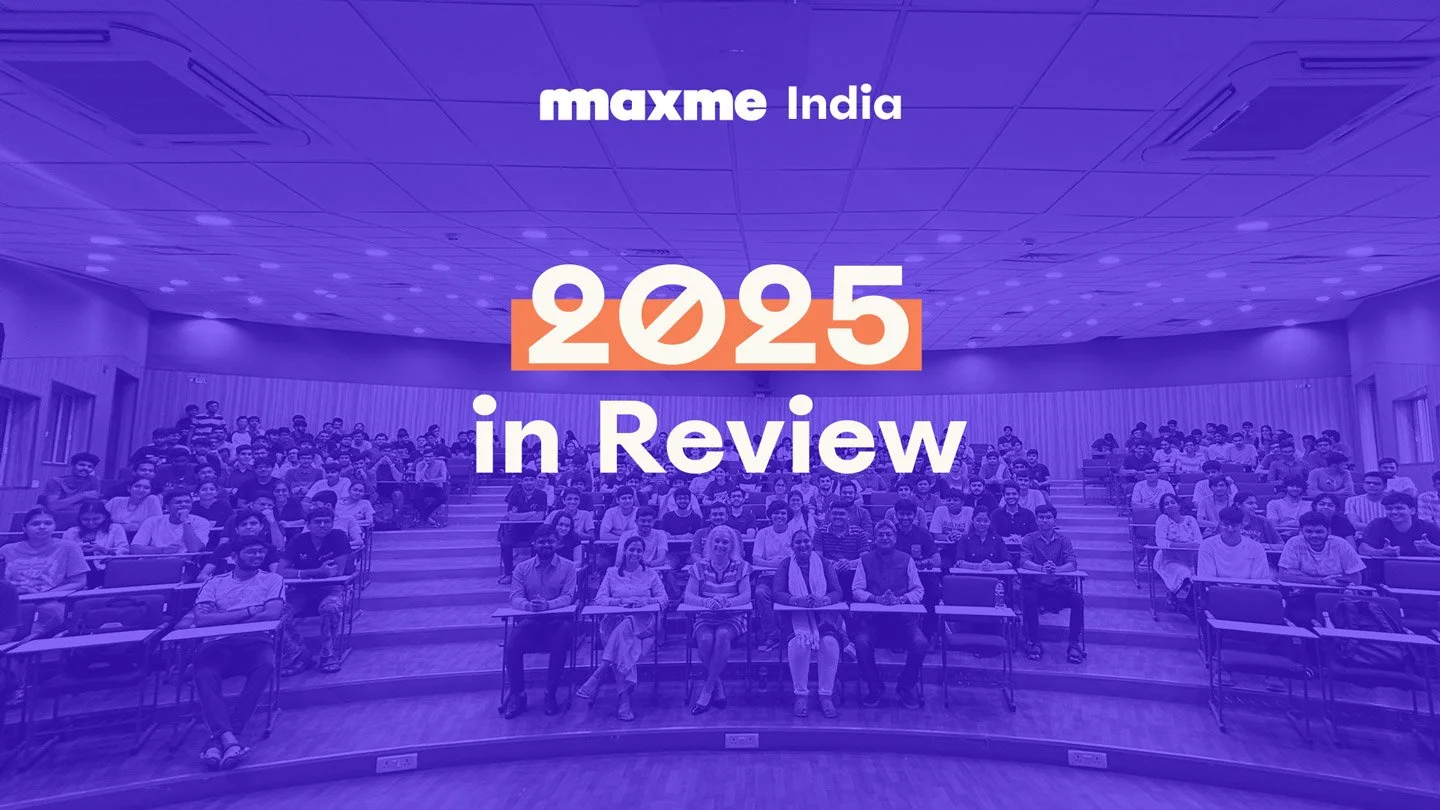What are the top employee trends in India? 5 insights you need to know
The employee experience in India isn't akin to other markets. Employers must understand the challenges and opportunities to engage employees and boost their happiness.
So what makes India’s employee experience landscape unique?
Let's unpack the top trends defining the Indian employee experience in 2024:
1. AI-empowered employees.
Artificial intelligence (AI) is having an outsized impact on employees in India. AI technology is evolving rapidly, and employees in India are becoming increasingly comfortable with its use.
However, employees also expect it will change the working world as they know it.
According to a recent study conducted by UKG, 95% of Indian employees believe that AI in the workplace can improve their quality of life.
Almost two-thirds (62%) believe AI skills will matter more than work experience in the next two years when finding a new job or keeping their current job.
In a PwC report, Workforce Hopes and Fears Survey 2023: India perspective, over 60% of employees said the skills needed to do their jobs will undergo significant changes in the next five years due to the emergence of AI.
Employers must prepare their employees with the skills they need with AI in the workplace. And according to a recent global study, the skills they will need are soft skills. The survey of business leaders showed that employers will value "soft skills" more in an AI world because AI will work best when it enhances people's talents and helps build human connectedness.
2. Future-proofing with a skills-first approach.
Employees in India are scrambling to upskill to prepare themselves for future shifts in the workplace.
In a report by Indeed, over half (54%) believed the skills needed in their jobs would change significantly over the next five years. The good news is that 95% expressed confidence in their ability to adapt to the likely changes.
In fact, 53% said they have already up-skilled to develop longer-term skills and learning in the last three years. Now, that's what we call proactive agility!
Indian workers recognise the actual value of soft skills, aka human skills. In the PwC survey, employees in India said they believe that adaptable (82%), collaborative (80%), critical thinking (82%), and leadership (82%) skills are important for their careers over the next five years, more so than their global counterparts. We already know these skills are some of the most essential skills for future work.
So, are employers investing in upskilling their people for the future?
Over 75% of employees in India expect their employers to provide them with tools, resources and opportunities to develop the skills to enhance their ‘future fitness’.
Leaders - it's up to you to prioritise upskilling, as it will be one of the foremost factors contributing to your employees’ capacity to thrive in future.
3. Very few employees are thriving.
Speaking of thriving, a Forrester survey revealed that more than three-quarters of all the workers in India reported low levels of wellbeing at work. They are dissatisfied, stressed out, and not thriving at work.
For employers, this should be a wake-up call—especially because, according to Gallup, poor employee wellbeing and burnout cost organisations around the globe an estimated US$322 billion in lost productivity.
That said, low workplace wellbeing is not unique to India – Indian organisations are almost on par with the global average of thriving employees, which is 25%.
Employers seeking to maximise productivity and employee engagement while lowering costs need to take steps to improve wellbeing and work-life balance to help employees thrive.
4. A restless workforce.
The Great Resignation – a Covid-induced economic phenomenon where mass swathes of the global workforce quit their jobs – may still be a concern in India.
The PwC report (2023) revealed that 42% of Indian workers are likely to change jobs in the next year, compared to 26% of global respondents. This likelihood has increased by 8% compared to the previous year.
They are generally dissatisfied with their current situation – 69% of Indian respondents are likely to ask for a pay raise (compared to 42% globally), and 70% are willing to ask for a promotion (35% globally). This has increased by nearly 15% in the past year.
Millennials, who were born between 1981 and 1996, are more keen on pay raises (74%) and promotions (74%) than Gen Z, Gen X, and Boomers.
In another survey, 7 out of 10 employees in India said they believe they are always, often, or sometimes underpaid, and 5 in 10 employees regard salary as the most important aspect of a job.
Does this mean employers need to pay more? Not necessarily, but it does challenge employers to find ways to engage employees and show they value them.
5. Indian employees are fully flexible.
There might be a push among organisations to get their staff back to office, but a large proportion of Indian employees are still working remotely or hybrid.
Nearly 44% of Indian employees work in a fully flexible model, outpacing China (16%), Australia (20%), and Singapore (24%). Only 14% of Indians reported working from the office daily, while 41% are engaged in a hybrid model with a certain number of days in the office each week. About 85% still enjoy working from home in some capacity.
Flexibility is a big drawcard for employees: more than a quarter (27%) prioritise flexible work hours when job seeking.
What are the benefits of flexible working? Productivity. Nearly 74% of the surveyed Indian employees reported increased productivity due to remote working.
Employers need to ensure flexible working supports employees' wellbeing and helps them thrive. Communication is critical for success, which means giving and asking for feedback and checking in regularly.
What next?
How can employers tap into these trends to create a future-ready, thriving workforce?
Focus on human skills.
Human skills are the must-have skills for the future of Indian organisations, especially with the rise of AI in workplaces. By giving your employees the chance to sharpen their human skills, you can build a workforce that can adapt, innovate, and thrive.
Download the Hodie app to start today, or explore our broader menu of Maxme Products & Programs for organisations and individuals in India.
To start developing your human skills today, simply download the Hodie app, or explore Maxme’s menu of human skills programs for organisations or schools.
Prefer to talk through your options? Contact us at any time.











